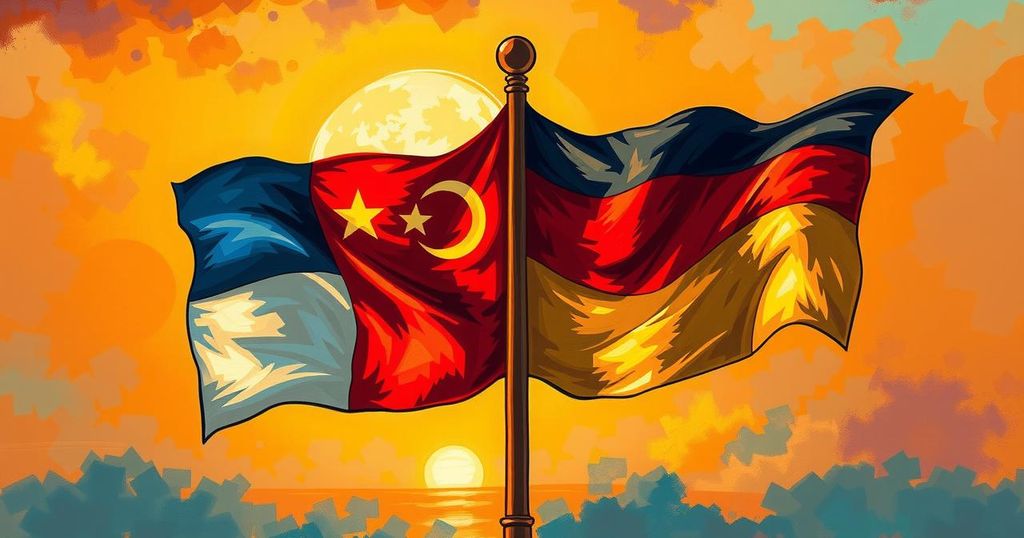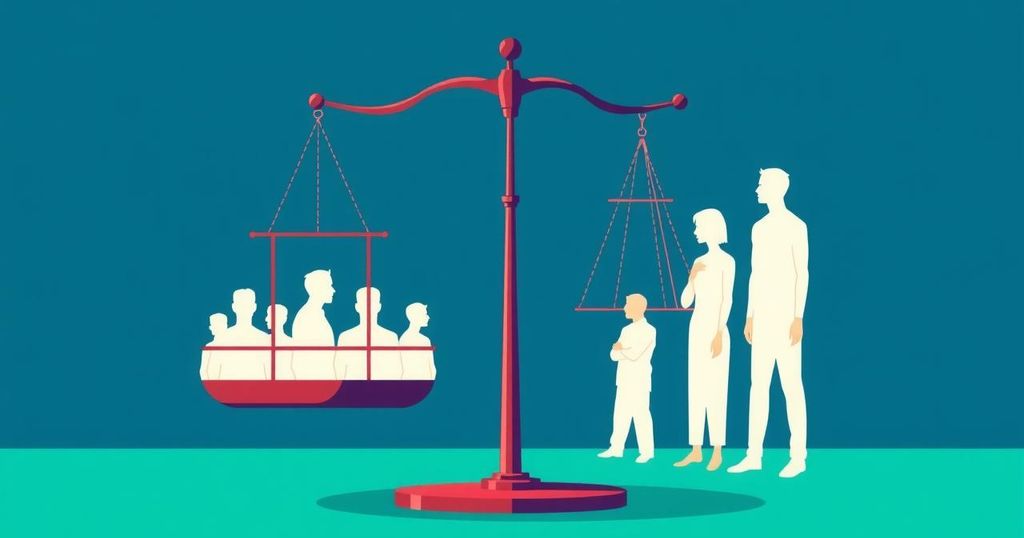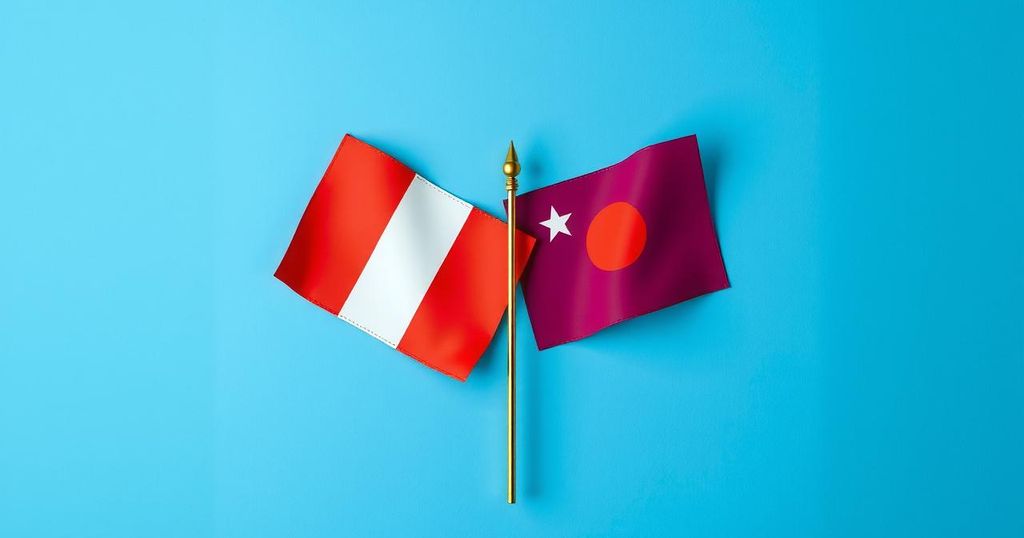Salvadoran President Nayib Bukele proposes a prisoner swap with Nicolás Maduro, aiming to exchange deported Venezuelans held in El Salvador for political prisoners in Venezuela. This initiative follows scrutiny over the treatment of deportees in Salvadoran mega-prisons and ongoing debates regarding the incarceration of alleged gang affiliates. Bukele emphasizes the humanitarian aspect of the proposal while defending his government’s actions against organized crime.
On Sunday, Salvadoran President Nayib Bukele proposed a prisoner swap with Venezuelan President Nicolás Maduro. He suggested exchanging Venezuelan deportees, currently imprisoned by the Salvadoran government, for political prisoners in Venezuela. Bukele emphasized the plight of these prisoners, stating they were detained solely for opposing Maduro’s regime during an electoral crackdown in the previous year.
In a message posted on the social media platform X, Bukele detailed specific individuals whose release he seeks, including family members of opposition figures and journalists. He proposed the repatriation of all 252 Venezuelans deported to El Salvador in exchange for the release of an equal number of political prisoners. Notable figures mentioned included the son-in-law of former presidential candidate Edmundo González, as well as others who sought asylum in foreign embassies.
Bukele indicated his intention to engage El Salvador’s foreign ministry to initiate dialogue with the Maduro administration, which has yet to respond. This proposal arises amidst growing scrutiny over El Salvador’s detention of deportees, accused of gang affiliations but lacking substantial evidence. These deportees are held in a facility known as the Terrorism Confinement Center (CECOT), which has drawn criticism from various human rights advocates.
Additionally, complications have arisen after the deportation of an American citizen, which has led to ongoing court battles concerning his return. El Salvador’s archbishop, José Luis Escobar Alas, urged President Bukele to refrain from transforming the nation into a repository of international prisoners. Nevertheless, Bukele defended his government’s actions, asserting that those incarcerated are part of a wider operation against gangs, including the Tren de Aragua operating within the United States.
In conclusion, President Nayib Bukele’s proposed prisoner swap with Venezuela underscores the complexities of international diplomacy and human rights issues facing El Salvador. The proposal aims to address the plight of detainees, while shedding light on the country’s controversial practices regarding deportations. Despite the challenges and criticisms, Bukele remains steadfast in his stance against gangs, highlighting the delicate balance between security measures and humanitarian considerations.
Original Source: www.haltonhillstoday.ca




